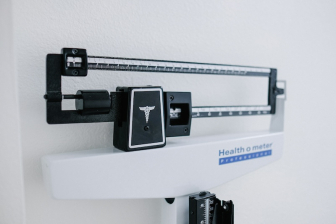Study finds that new Multiple Sclerosis drug slows down brain shrinkage
Last updated: 01 November 2019
You can legally access new medicines, even if they are not approved in your country.
Learn howTrial offers hope for disease with limited treatment options
Results from a clinical trial of more than 250 participants with progressive multiple sclerosis (MS) revealed that ibudilast was better than a placebo in slowing down brain shrinkage. The study also showed that the main side effects of ibudilast were gastrointestinal and headaches.
The study was supported by the National Institute of Neurological Disorders and Stroke (NINDS), which is part of the National Institute of Health, and was published in the New England Journal of Medicine.
During the trial, 255 patients were randomized to take up to 10 capsules of ibudilast or placebo per day for 96 weeks. Every six months, the participants underwent MRI brain scans.
"These findings provide a glimmer of hope for people with a form of multiple sclerosis that causes long-term disability but does not have many treatment options," said Walter J. Koroshetz, M.D., director of the NINDS.
Future research will test whether reducing brain shrinkage affects thinking, walking, and other problems in people with MS. In addition, future studies will examine whether ibudilast slows the progression of disability in MS patients.




